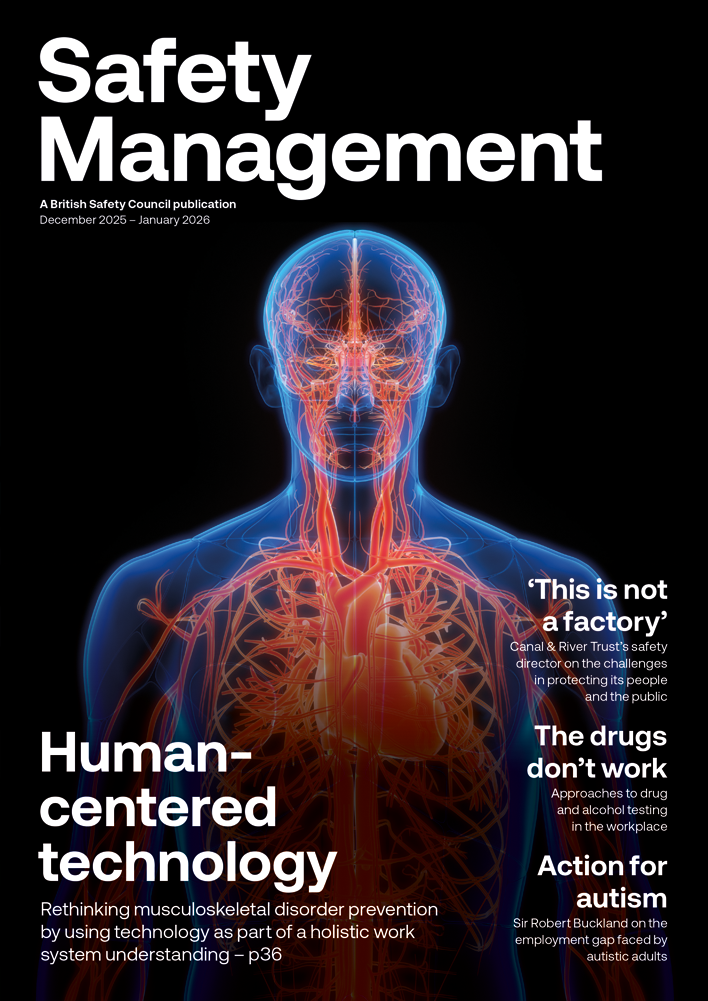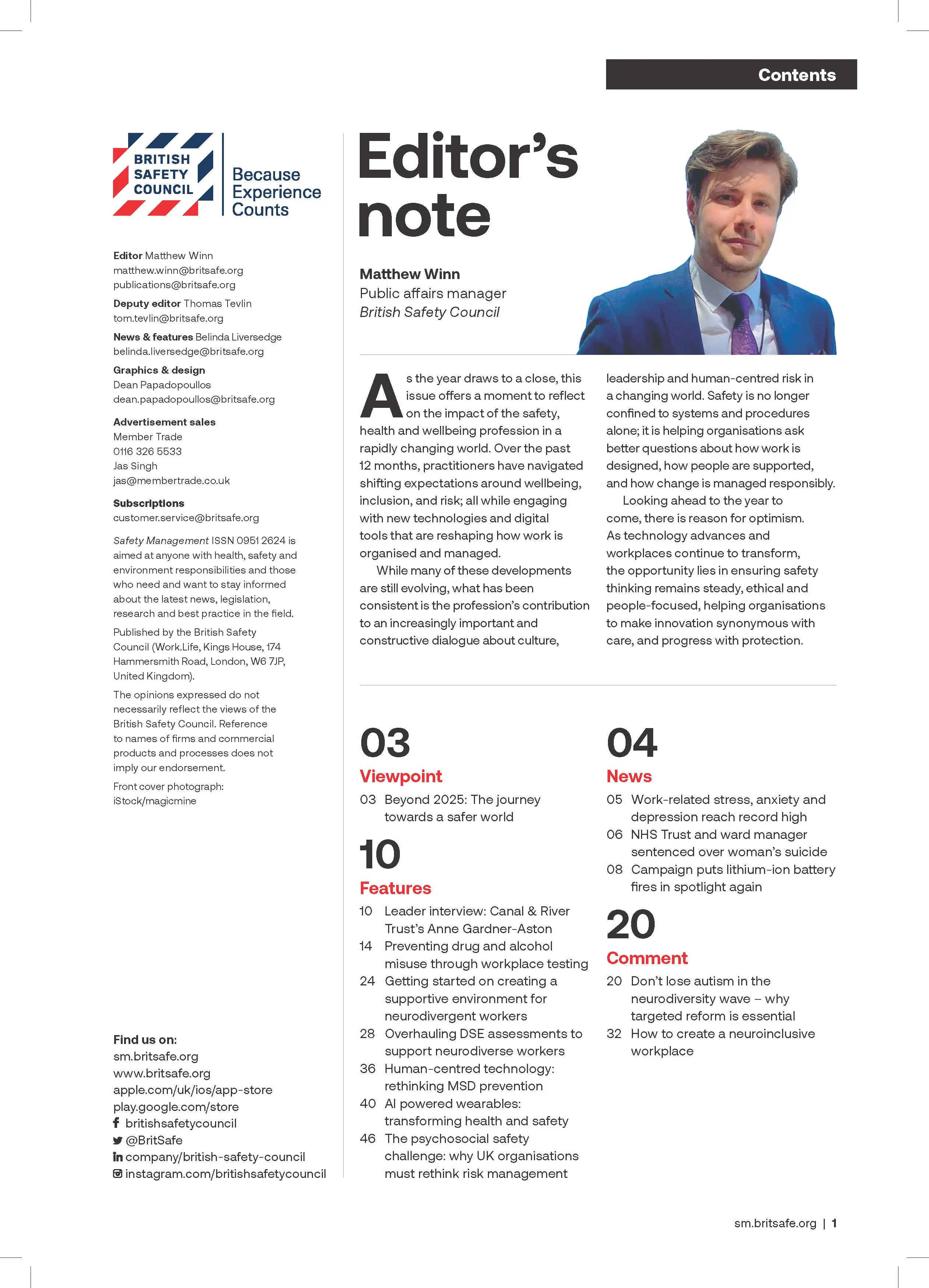Leader of Wandsworth Borough Council Ravi Govindia sets out how Wandsworth has met the challenge of coronavirus.
Features
On the Covid front line with Wandsworth Borough Council
Since the start of the coronavirus outbreak local authorities have been right at the frontline: running essential services, protecting our most vulnerable residents and interpreting and then implementing policies set by central government.
Our first priority has been to protect the vulnerable – we have been very lucky that in Wandsworth the local community has stepped up and the council has been working with voluntary groups including Age UK.
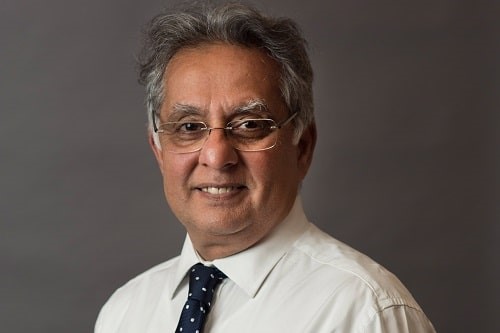 Ravi Govindia, Wandsworth Council leader
Ravi Govindia, Wandsworth Council leader
We provided support to care homes and care agencies, including by supplying protective masks, gloves, aprons and hand sanitising gels and staying in constant contact with shielded people. We were also one of the first councils in the country to set up a community hub, providing a one-stop source of advice and co-ordinating support.
We have been helping local schools open for the children of key workers and for vulnerable children and launched our own food voucher scheme. Now we have put into action a nine-point plan to enable them to reopen to more children, including providing PPE, additional space in parks and council buildings, and mental health support for staff.
Although we followed national guidance in closing libraries, leisure centres and children’s centres, we’ve increased access to library services online, a really important resource for parents who are teaching their children at home, and have maintained our library home delivery service.
For those children unable to access the internet, we have worked with Battersea Power Station and others to provide families with laptops and data vouchers.
Our emergency plan included measures that help local people facing financial hardship. We have handed out millions of pounds to local businesses and voluntary groups and have provided the borough’s hardest-pressed families with three-quarters of a million pounds in council tax support.
Outreach workers from our partner Spear have been working hard to support homeless people living in the borough, rehousing some of the residents who were sleeping rough, and we are working closely with them in the hope that they don’t return to the streets after the crisis is over.
 The council has been working with voluntary groups including Age UK to protect the vulnerable
The council has been working with voluntary groups including Age UK to protect the vulnerable
We are lucky in Wandsworth that people on the whole have been following social distancing rules in our parks, with the support of our fantastic team of parks police officers. Fortunately, we never thought that closing the parks was the right option, in what would amount to collectively punishing thousands of Londoners because of the reckless behaviour of a few.
We’ve worked with our arts team to get arts and culture online, both to support our arts sector and to help people stay engaged and connected while they are stuck at home. Our social isolation advisor, Professor Rusi Jaspal, has also been blogging about how to tackle loneliness, and next month he will launch a survey to find out how Covid-19 has affected people’s mental health and what support the council can offer.
Going forward we have massively scaled-up our housebuilding plans to help kickstart the economy and we’re working hard to support our local businesses.
During the first few weeks of the lockdown our focus was rightly on keeping essential services running and protecting the most vulnerable. I am really proud of the way the council staff have risen to this challenge.
As the lockdown eases it will no doubt bring new challenges, but if the community can respond with the same fortitude and pragmatism then I am confident that together we can create an even better place to live.
FEATURES
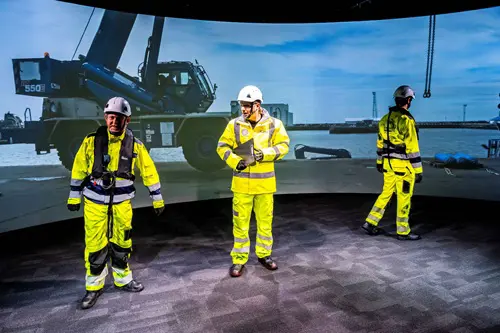
Underpinning safety training with neuroscience for long lasting impact
By SSE Active Training Team (ATT) on 30 November 2025
A behavioural safety training programme developed by Active Training Team for energy provider SSE has been carefully designed with neuroscientific principles in mind – resulting in a prestigious industry award for Best Training Initiative in 2024.
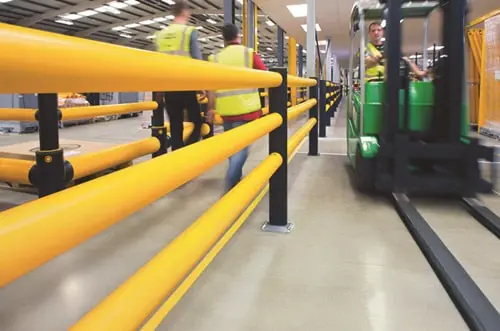
Why a painted line will never be enough
By UK Material Handling Association (UKMHA) on 20 November 2025
Businesses that operate material handling equipment like forklifts are being urged to submit accident and near miss details to a new confidential reporting portal so the industry can identify what needs to be done to improve safety standards.
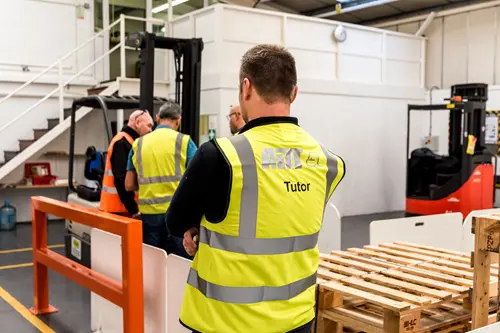
Why workplace transport training is changing in 2026 and what it means for employers
By AITT on 14 January 2026
New workplace transport training categories due in January mean it is essential to ensure operators of material handling equipment have the necessary training for the exact type of machine they use, and accredited training providers are an ideal source of advice and conversion training.


